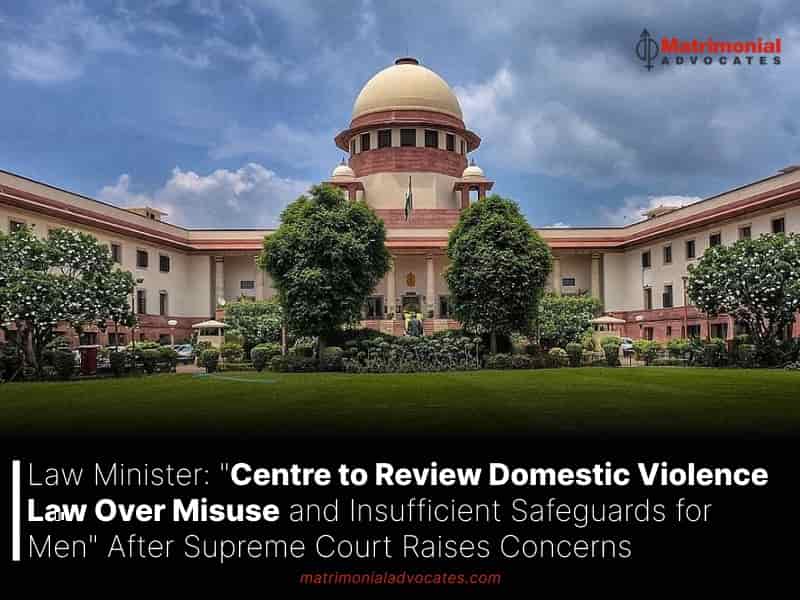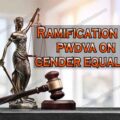
Union Law Minister Arjun Ram Meghwal confirmed a review of BNS Sections 85 and 86, which replicate the repealed IPC Section 498A, due to concerns about misuse and inadequate safeguards for men. This is the first review of the new Indian criminal codes, aimed at preventing frivolous complaints while protecting women from domestic violence.
NEW DELHI: Union Law Minister Arjun Ram Meghwal has announced that discussions are underway regarding the potential misuse of Sections 85 and 86 of the Bharatiya Nyay Sanhita (BNS), which replace the now-repealed Section 498A of the Indian Penal Code (IPC). This review follows concerns that, while these provisions address domestic violence against women, they may lack adequate safeguards to prevent abuse, particularly against husbands and their families.
This marks the first review of India’s newly introduced criminal codes. In an interview with Mint, Meghwal emphasized that the ministry is working to ensure these laws do not lead to frivolous complaints against men. Like Section 498A, these sections have been criticized for alleged misuse.
On September 12, the Supreme Court of India expressed concerns about Sections 85 and 86 of the BNS mirroring Section 498A without incorporating necessary safeguards for men. The court noted that while these laws were intended to protect married women from cruelty, they have become some of the most misused legal provisions in the country.
Section 498A of the IPC has been controversial for decades, with critics pointing to its potential for misuse. It has been alleged that some women have used the law to falsely accuse their husbands and in-laws, leading to unwarranted legal harassment. Courts across India have consistently acknowledged this issue, often cautioning against the blanket application of the law.
In August, the Bombay High Court highlighted how elderly and ailing individuals are frequently drawn into legal battles due to accusations under Section 498A. While expressing compassion for genuine victims, the court suggested that many cases could be resolved amicably if the offence were made compoundable, permitting settlement between the parties.
Recently, several courts have raised concerns about the misuse of Section 498A.
In May 2023, the Kerala High Court cautioned that the law was being used not to seek justice but as a means of revenge in matrimonial disputes. Similarly, in August 2023, the Bombay High Court observed that estranged wives often misuse the Domestic Violence Act to harass their husbands.
In July 2023, the Jharkhand High Court acknowledged that while Section 498A was originally intended to protect women from cruelty, it has increasingly been misused for vindictive purposes. These judicial observations have sparked further discussions on the need to reevaluate the law and its contemporary applications.
The Bharatiya Nyay Sanhita (BNS), 2023, which recently replaced the IPC, includes a provision in Section 85 that mirrors Section 498A. While its primary aim is to criminalize domestic violence and cruelty against women, there is increasing advocacy for incorporating safeguards to prevent false accusations against men.





